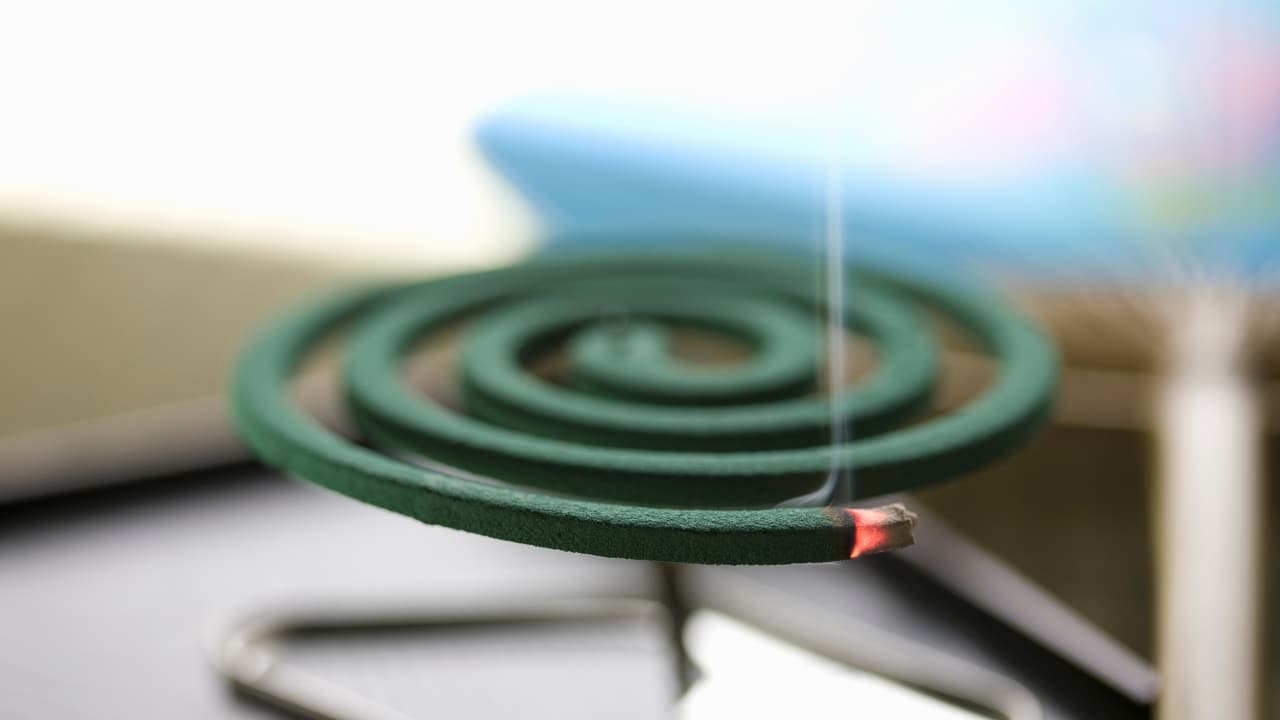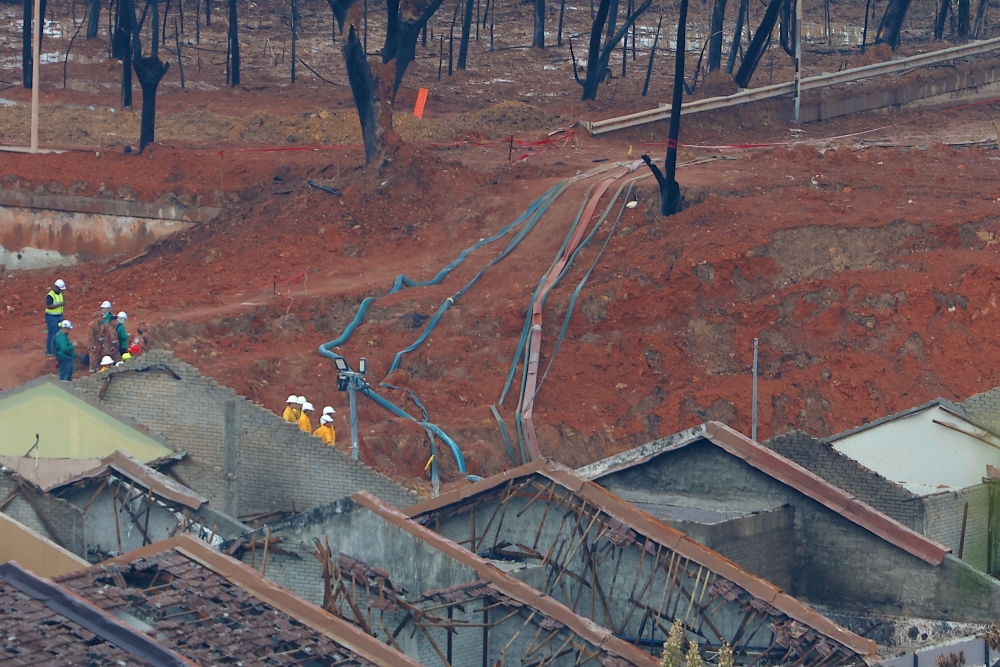Air pollution, a seasonal inconvenience, is an invisible threat that quietly enters your homes, lungs, and even your bloodstreams. The consequences go beyond coughing or sneezing, they start from birth and last a lifetime. The real danger lies not just outdoors, but inside homes, where everyday habits contribute more than you realise.
It is assumed that air pollution comes from the outside: vehicles, factories, and dust. However, according to Dr Sundeep Salvi, Chairman, Chest Research and Training Pvt Ltd, and Director, Pulmocare Research Foundation and Education (PURE) in Pune, says that’s only half the story. “Burning a mosquito coil in a closed room overnight is equivalent to smoking 100 cigarettes.

A 4-inch piece of dhoop or agarbatti releases smoke equal to 500 cigarettes. The truth is, indoor pollution can be just as harmful, if not worse, than what you face outdoors,” he warns. You are unknowingly exposed to toxic fumes every day.
“And while you may blame vehicles or factories, you rarely consider what you burn or breathe at home,” he shares. Also read | 11 things you must know about asthma: types, triggers, more Diet tips: Eat more green leafy vegetables and fruits. They’re rich in antioxidants, which help neutralise the harmful effects of pollution (Image: Canva) Pollution doesn’t treat everyone equally.
Dr Salvi points out that certain groups are especially vulnerable: “Pregnant women, young children, the elderly, and people with existing lung diseases face the highest risk,” he says. He explains how pollutants inhaled by expecting mothers can cross the placenta and harm the fetus. “Studies show babies born to such mothers have a higher chance of developing asthma and allergies by the age of 5.
Children breathe faster than adults, taking in more polluted air per minute. And for older people, weakened lungs make it harder to cope,” Dr Salvi says. The rise in temperature and extended pollen seasons, thanks to climate change, only worsen asthma and bronchitis.
“Climate change is a silent aggravator. And yet, we often treat air pollution like it’s someone else’s problem, until it hits home, literally,” he says. Also read | Manage asthma symptoms: Quit smoking, use inhalers correctly, maintain healthy diet to prevent asthma attack You can reduce the damage caused by pollution with these tips suggested by Dr Salvi: Wear a mask: Wearing a mask may seem like a COVID-era relic, but it’s still one of the most effective shields against polluted air.
“It’s important to bring that habit back. Even a homemade triple-layered mask, two layers of cotton and one of silk or chiffon, can work as well as an N95 mask,” he says. Surgical and N95 masks offer protection too, but should be used only for a day.
Healthy diet: Pollution causes oxidative stress in the body, damaging cells and weakening immunity. Dr Salvi suggests a natural defense: “Eat more green leafy vegetables and fruits. They’re rich in antioxidants, which help neutralise the harmful effects of pollution.
” While supplements can help, food is the better source, he suggests. Lungs and more: Heart attacks, strokes, and irregular heartbeats are also linked to air pollution. “Most people don’t realise that the heart suffers too,” Dr Salvi cautions.
It’s not just about breathlessness or coughing, polluted air impacts your entire body. Lung disease: Misinformation keeps many from seeking proper care. “There’s a stigma around asthma, and myths about inhalers being addictive,” he explains.
Better awareness, not silence, is the cure. Dr. Salvi stresses the need for large-scale campaigns, similar to those for HIV or diabetes, to educate the public and urge policy change.
Disclaimer: This article, including health and fitness advice, only provides generic information. Don’t treat it as a substitute for qualified medical opinion. Always consult a specialist for specific health diagnosis.
.















